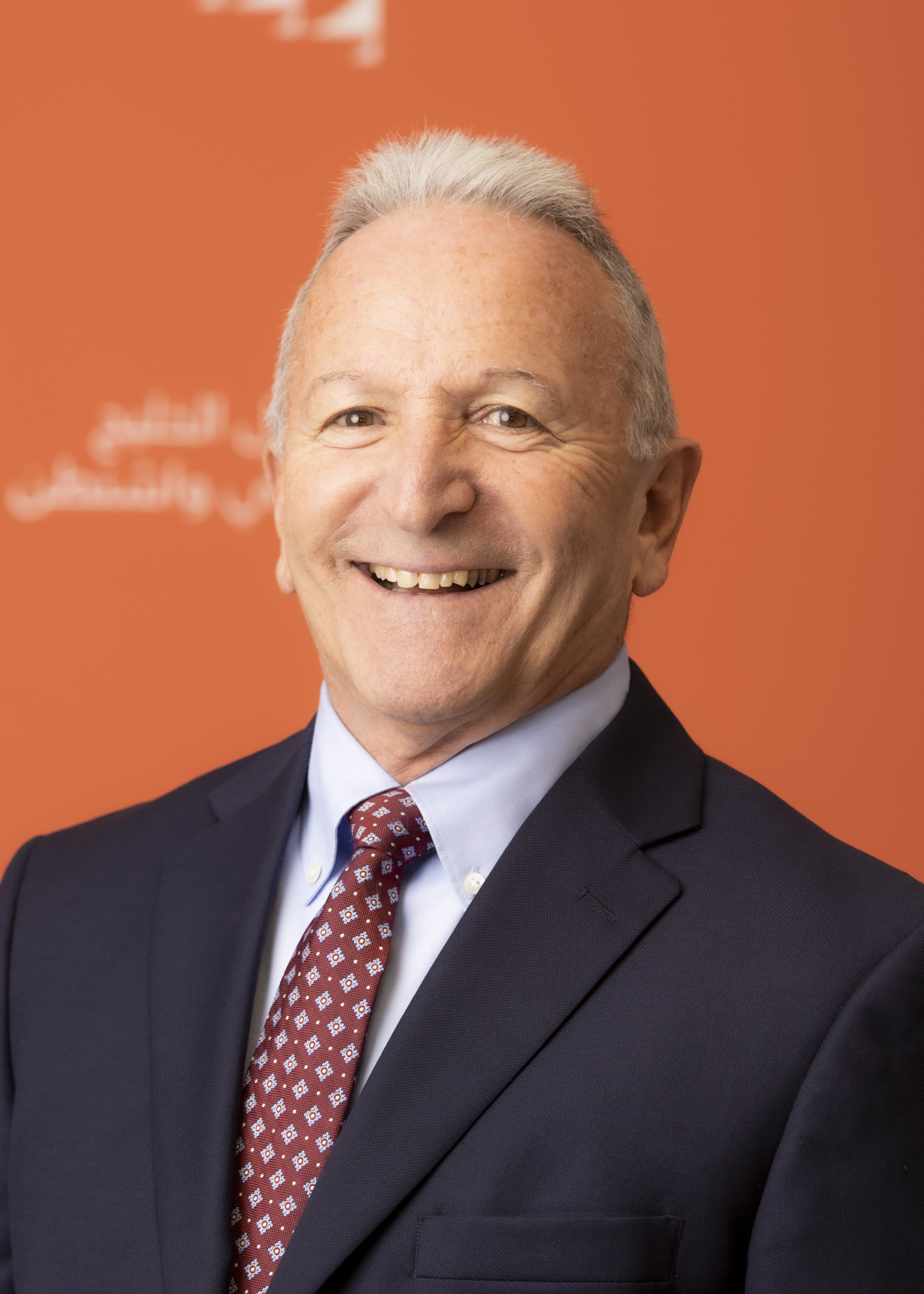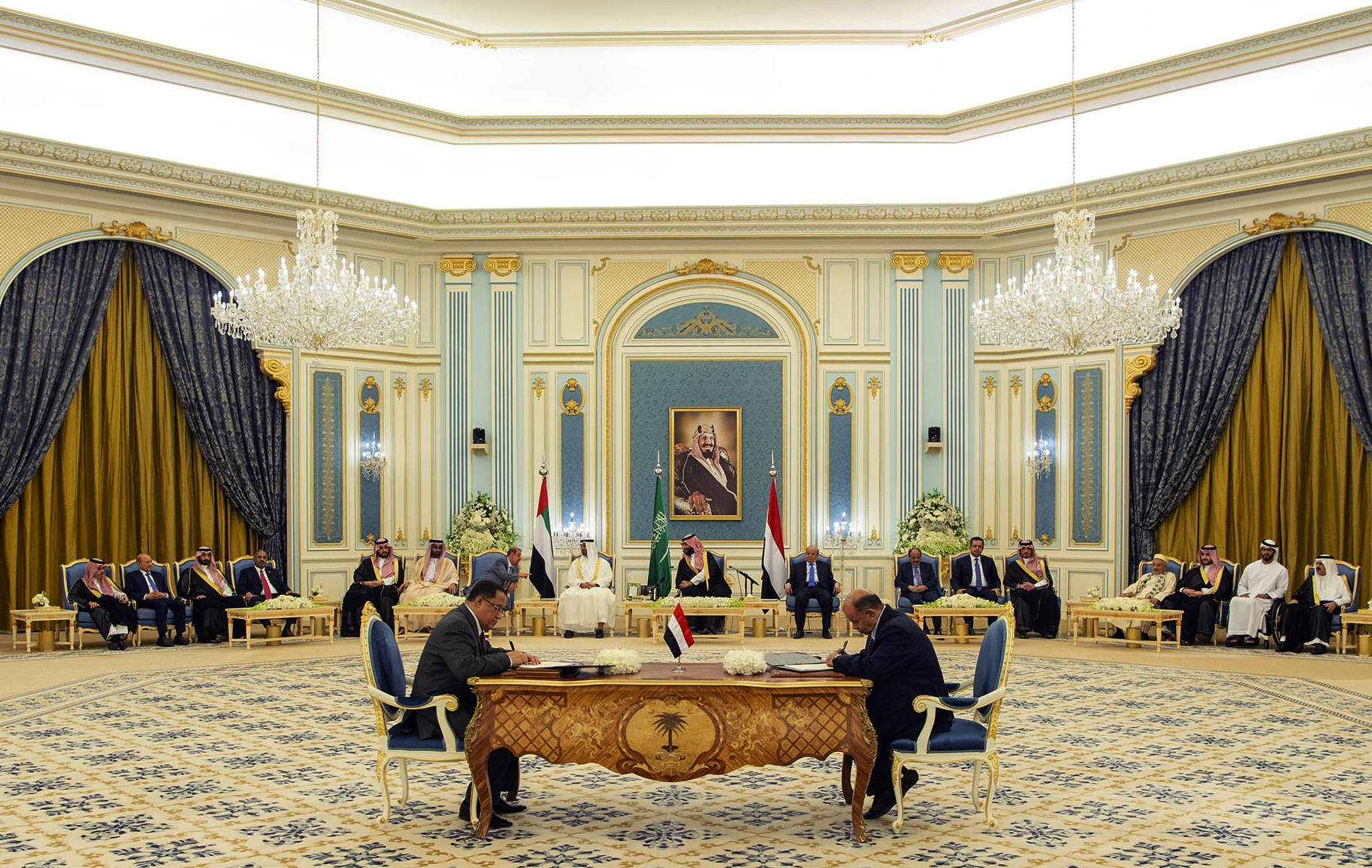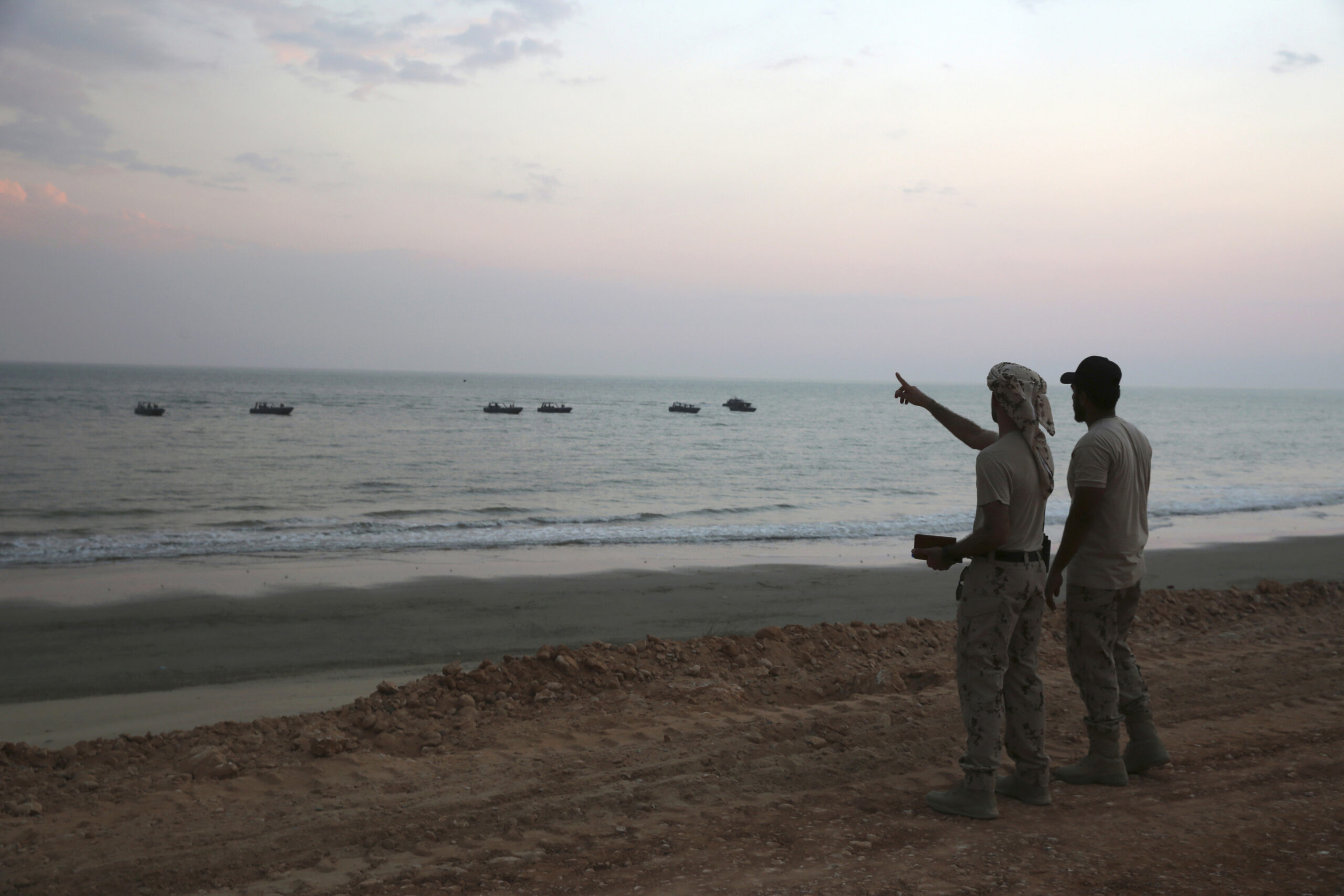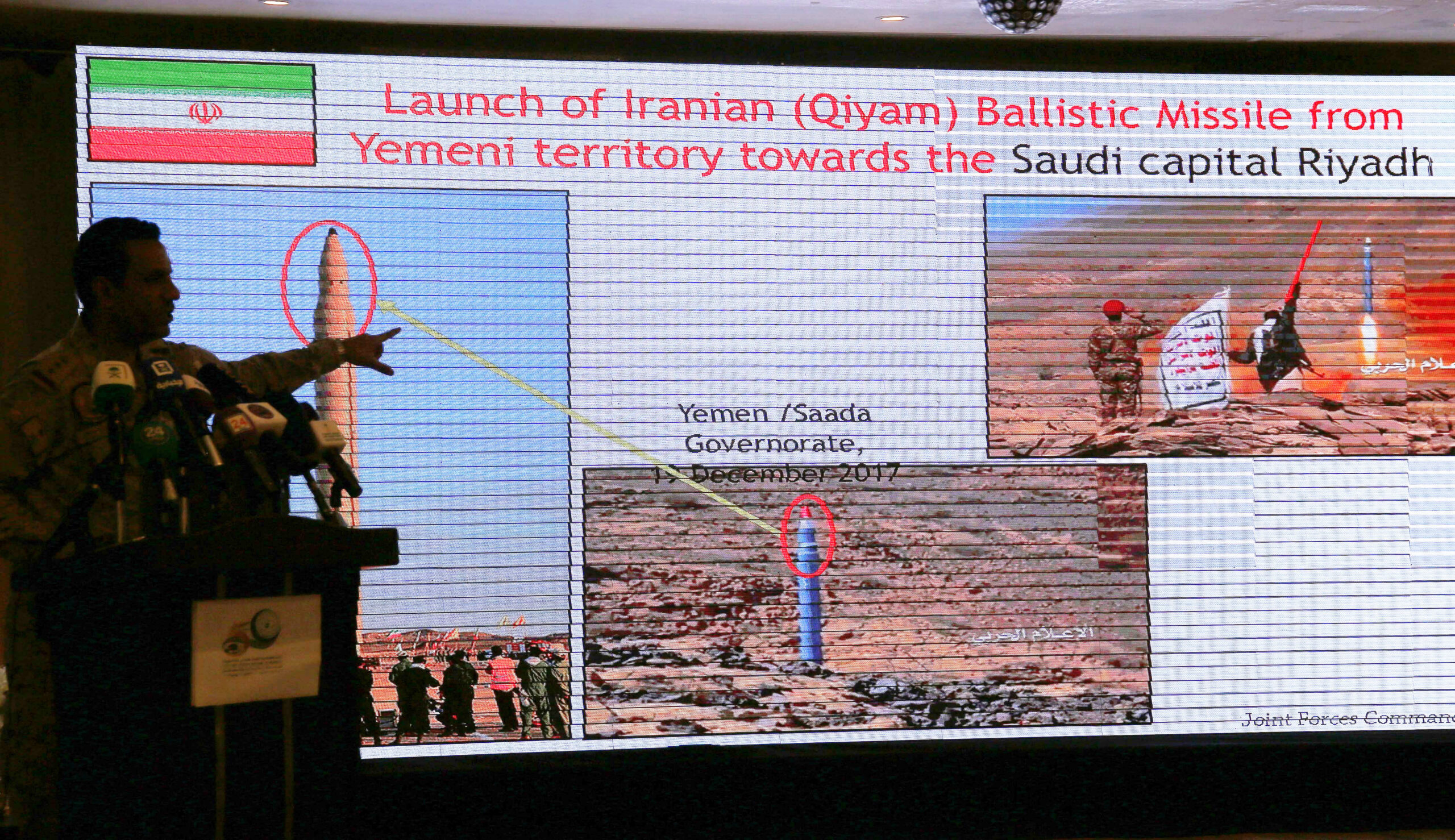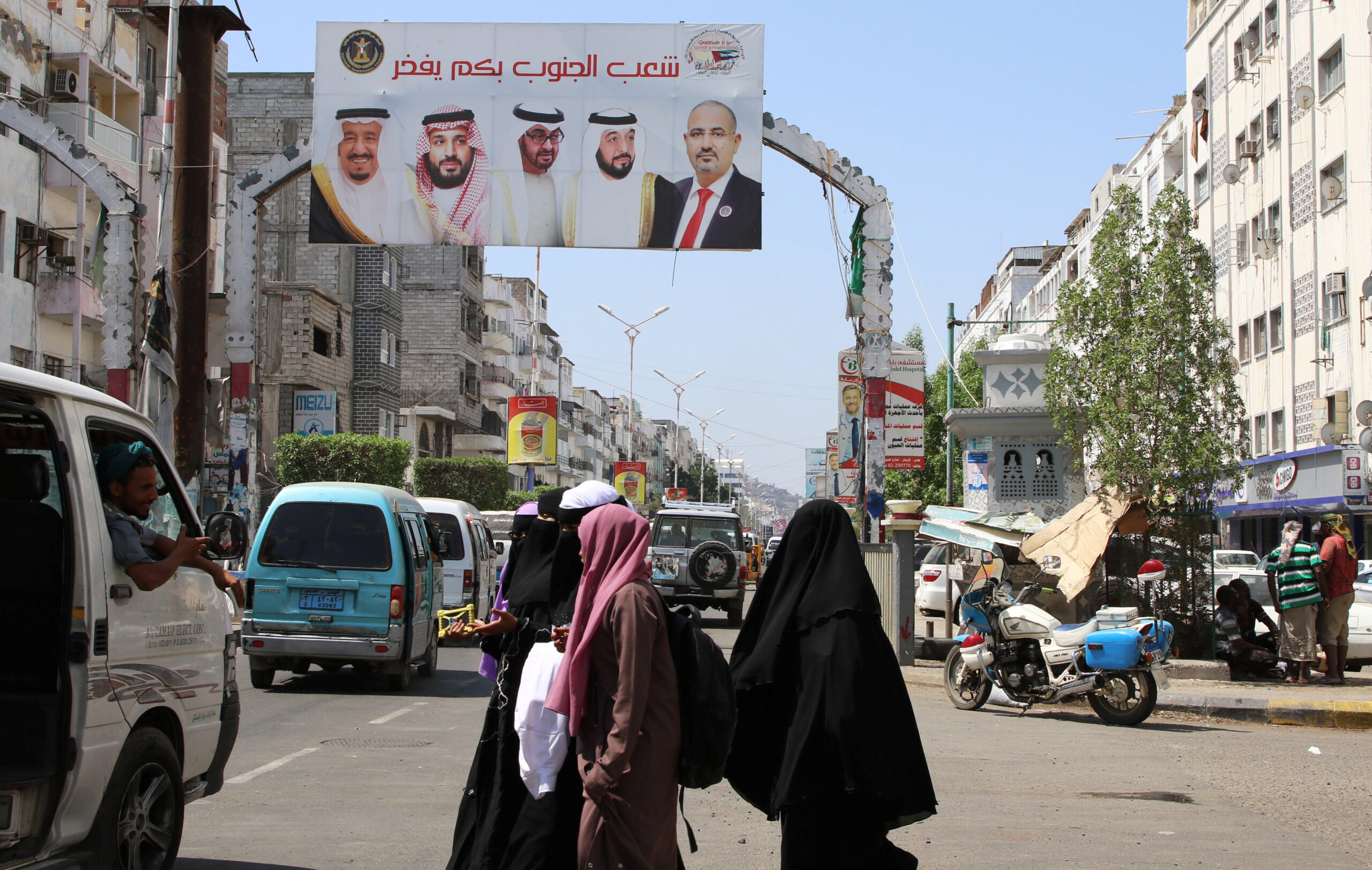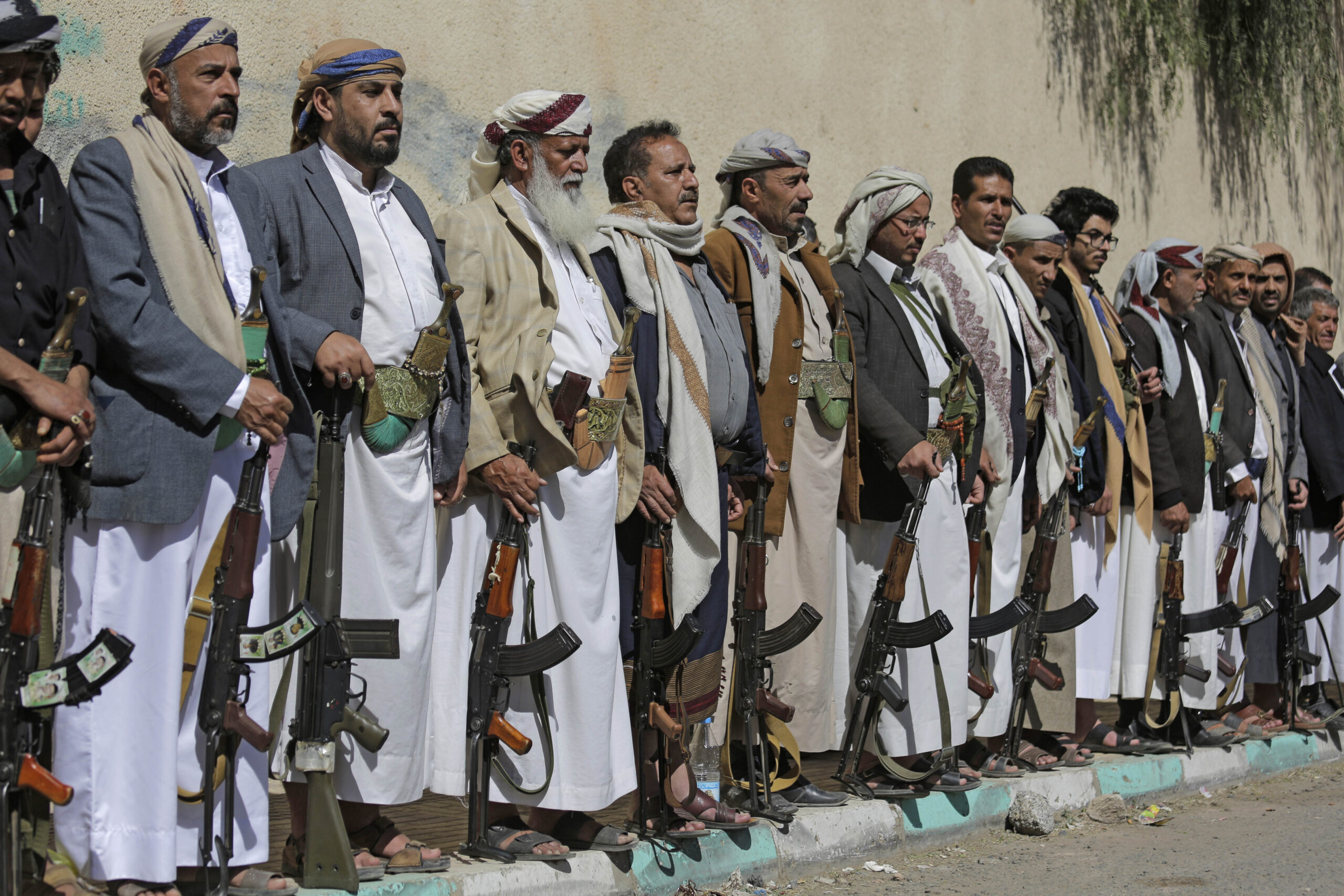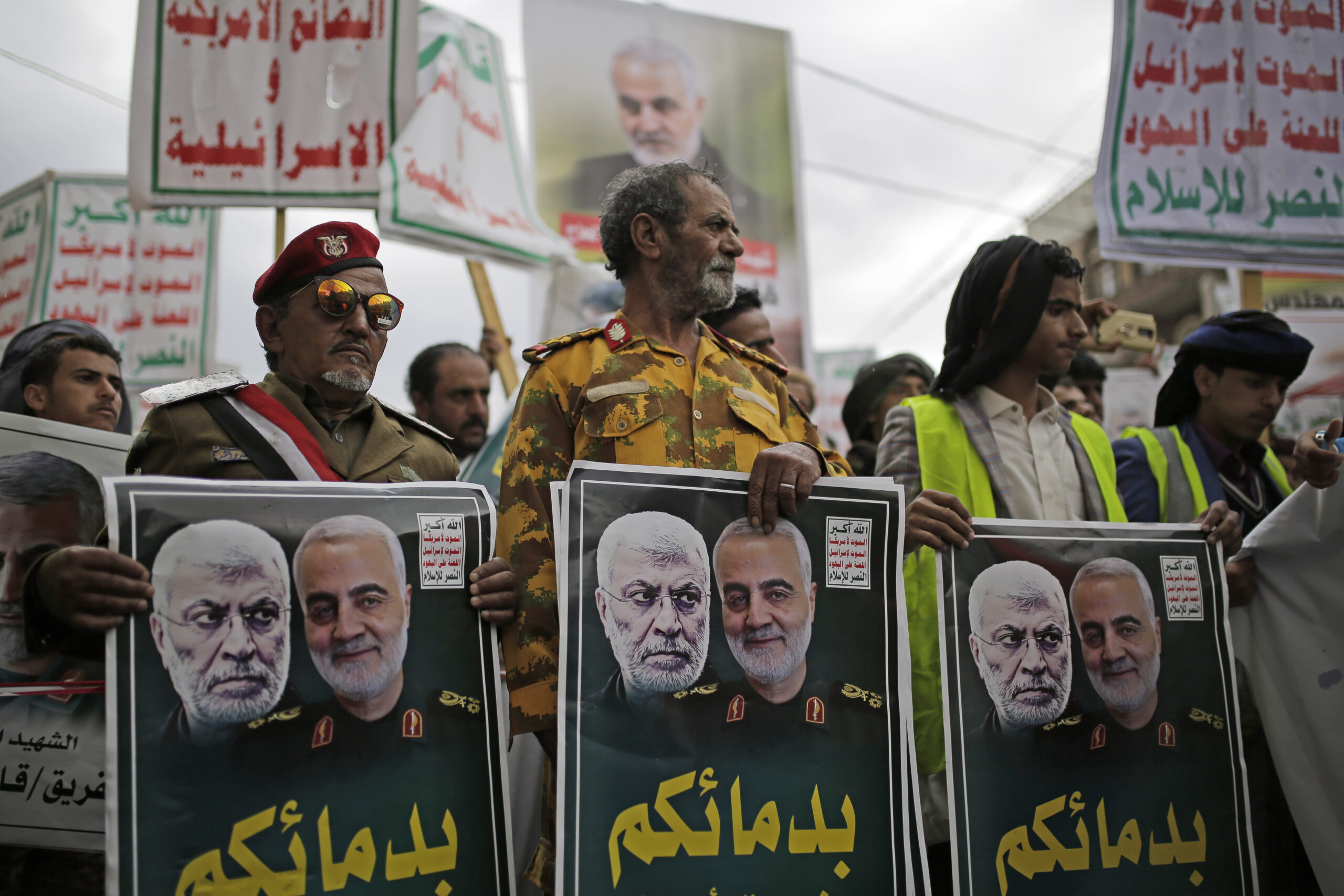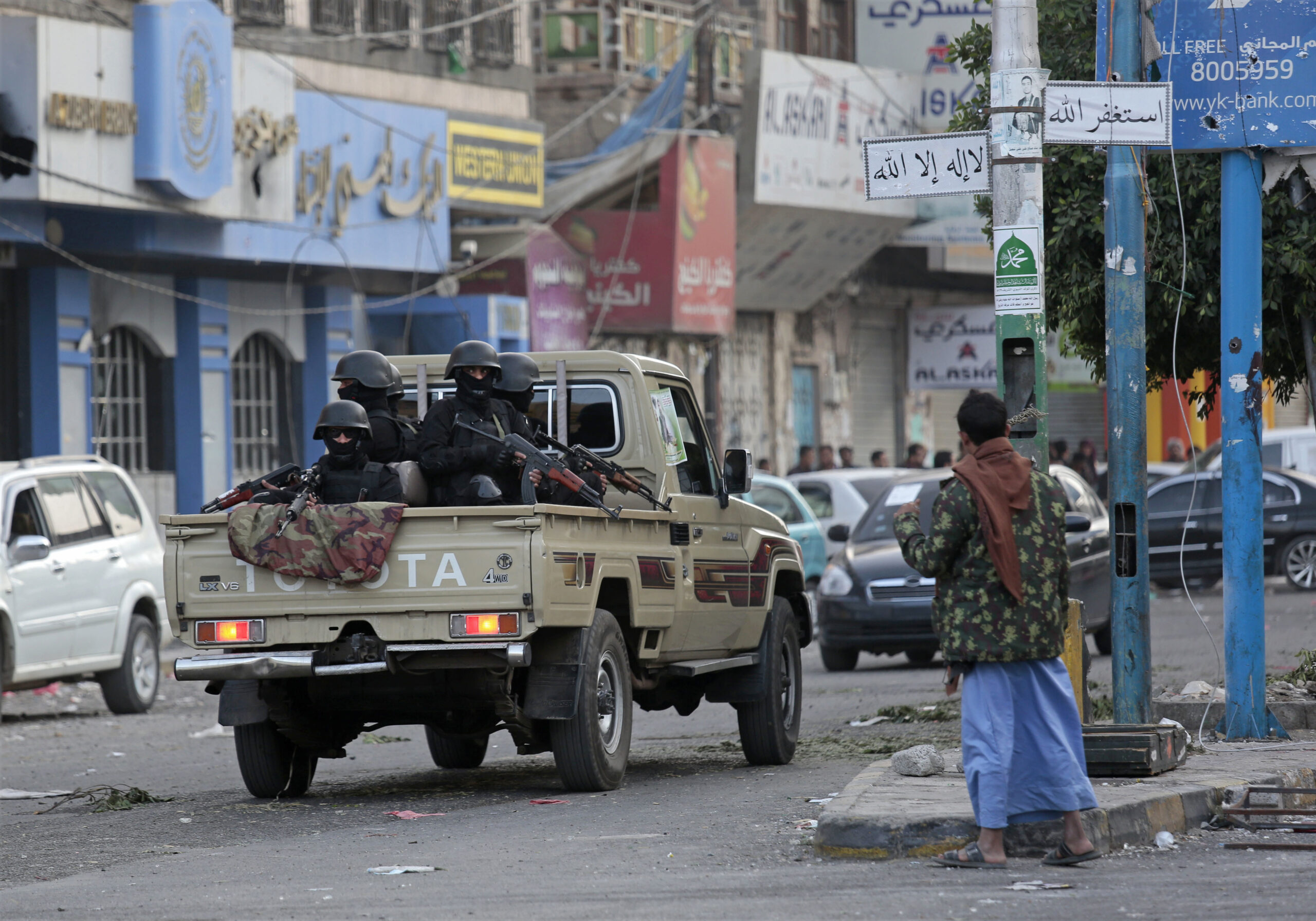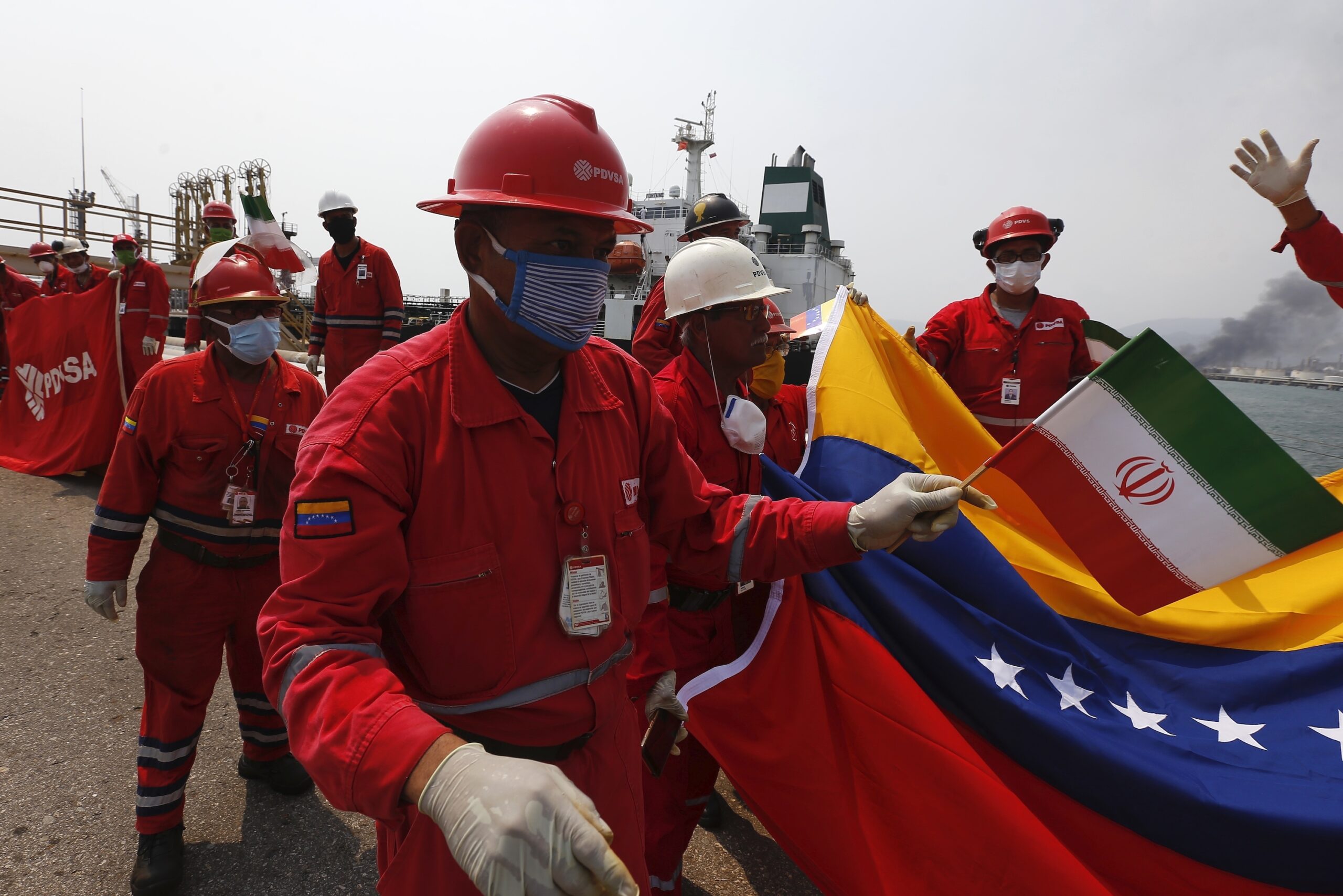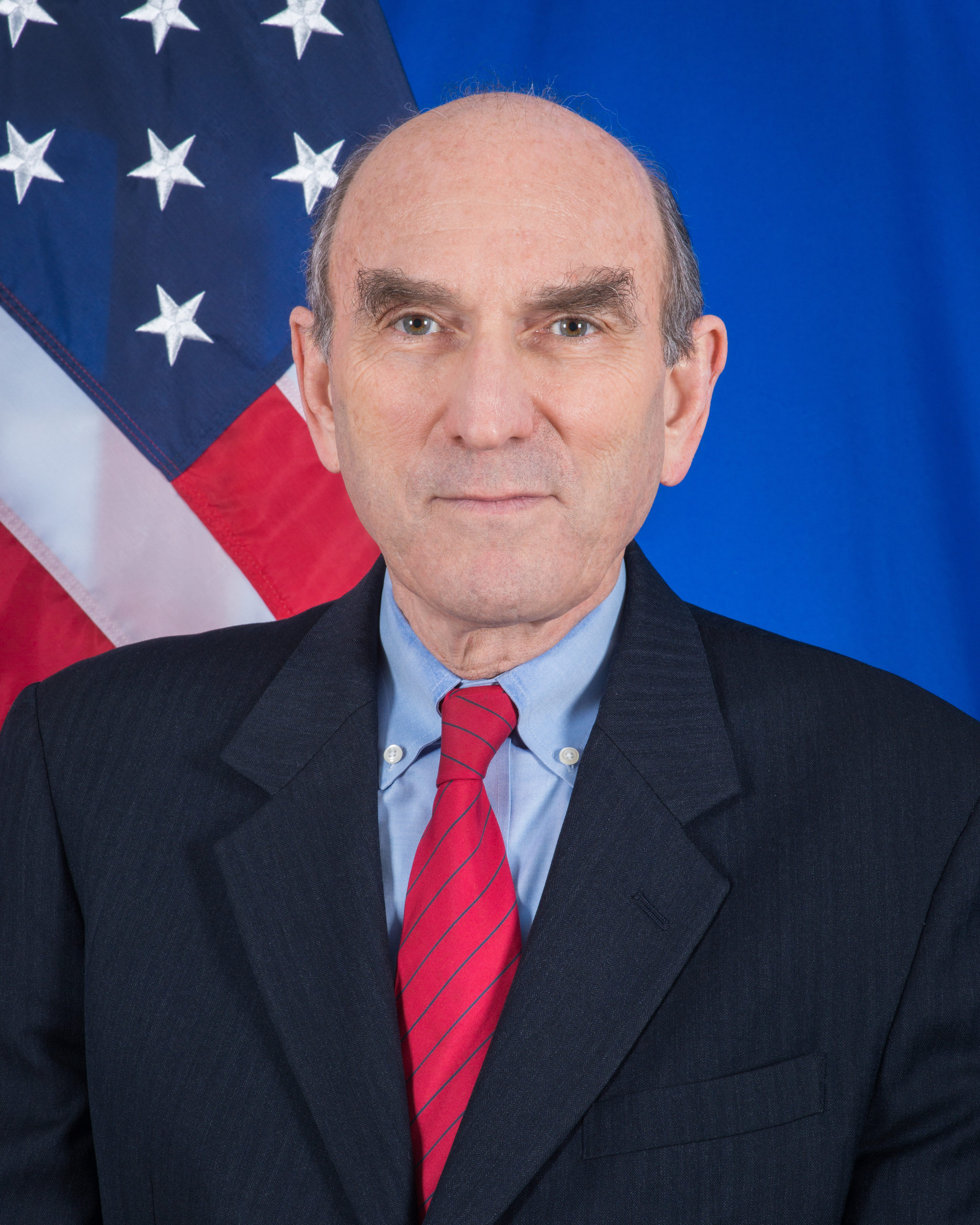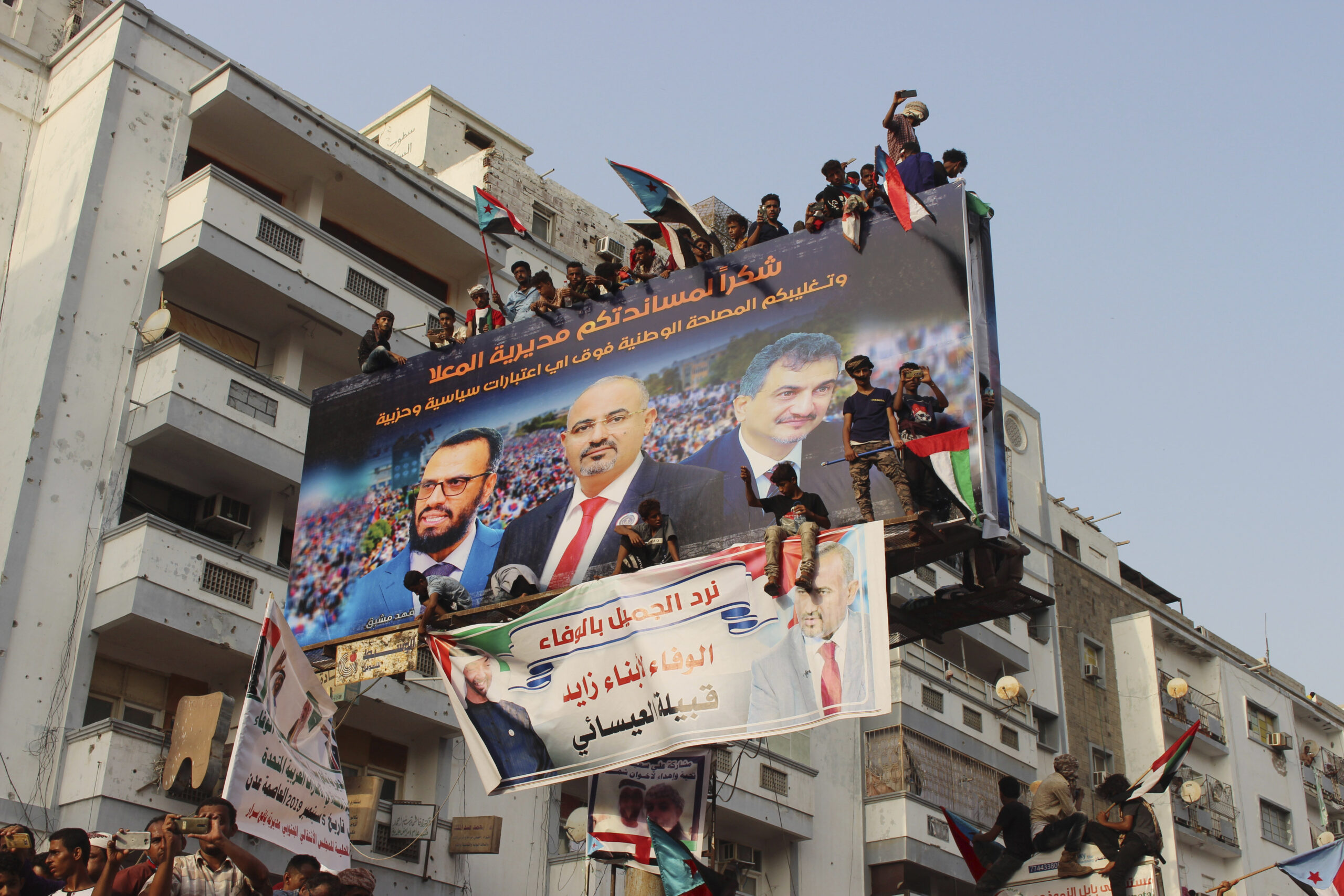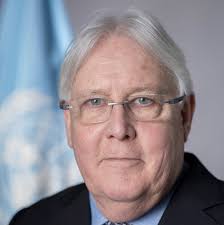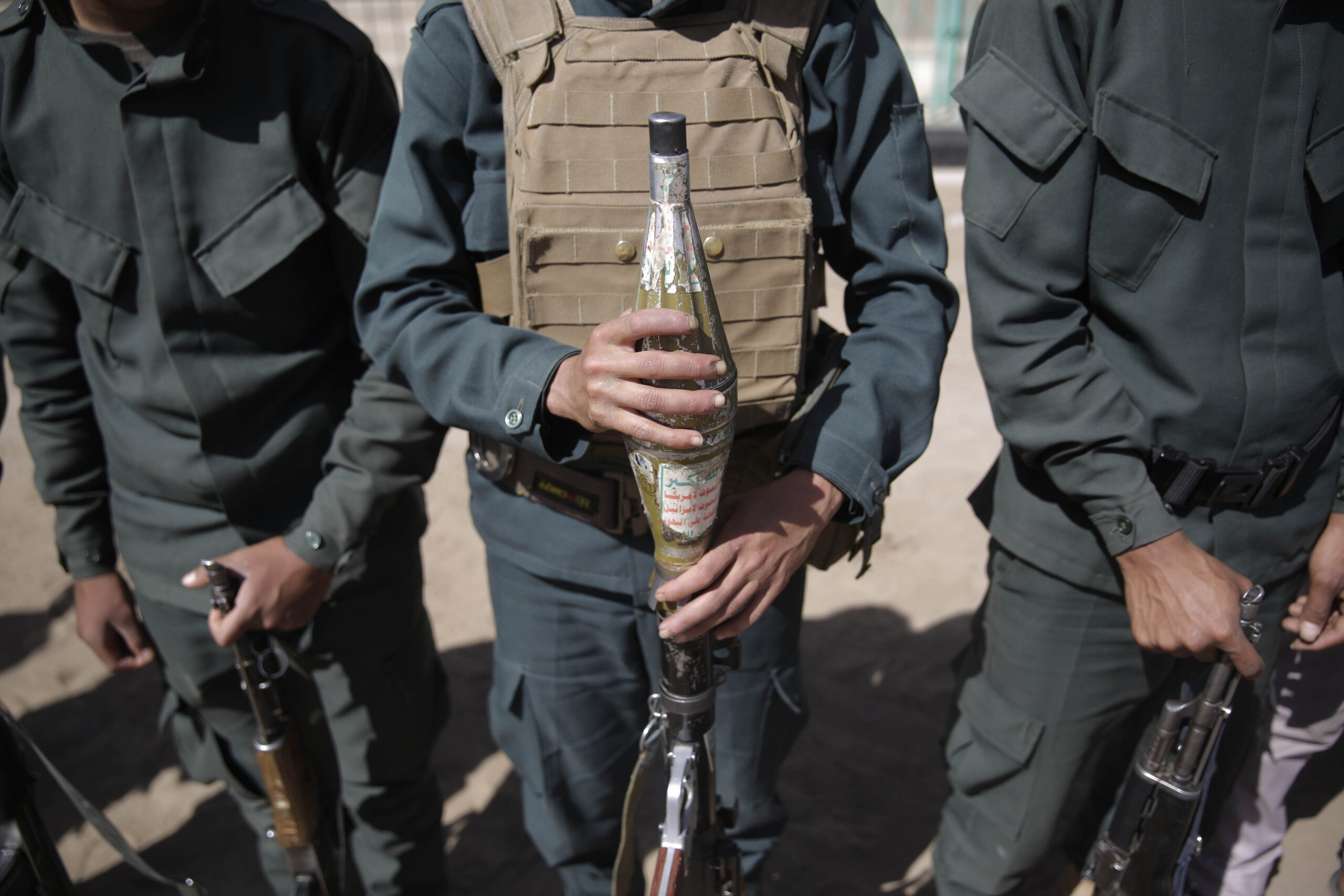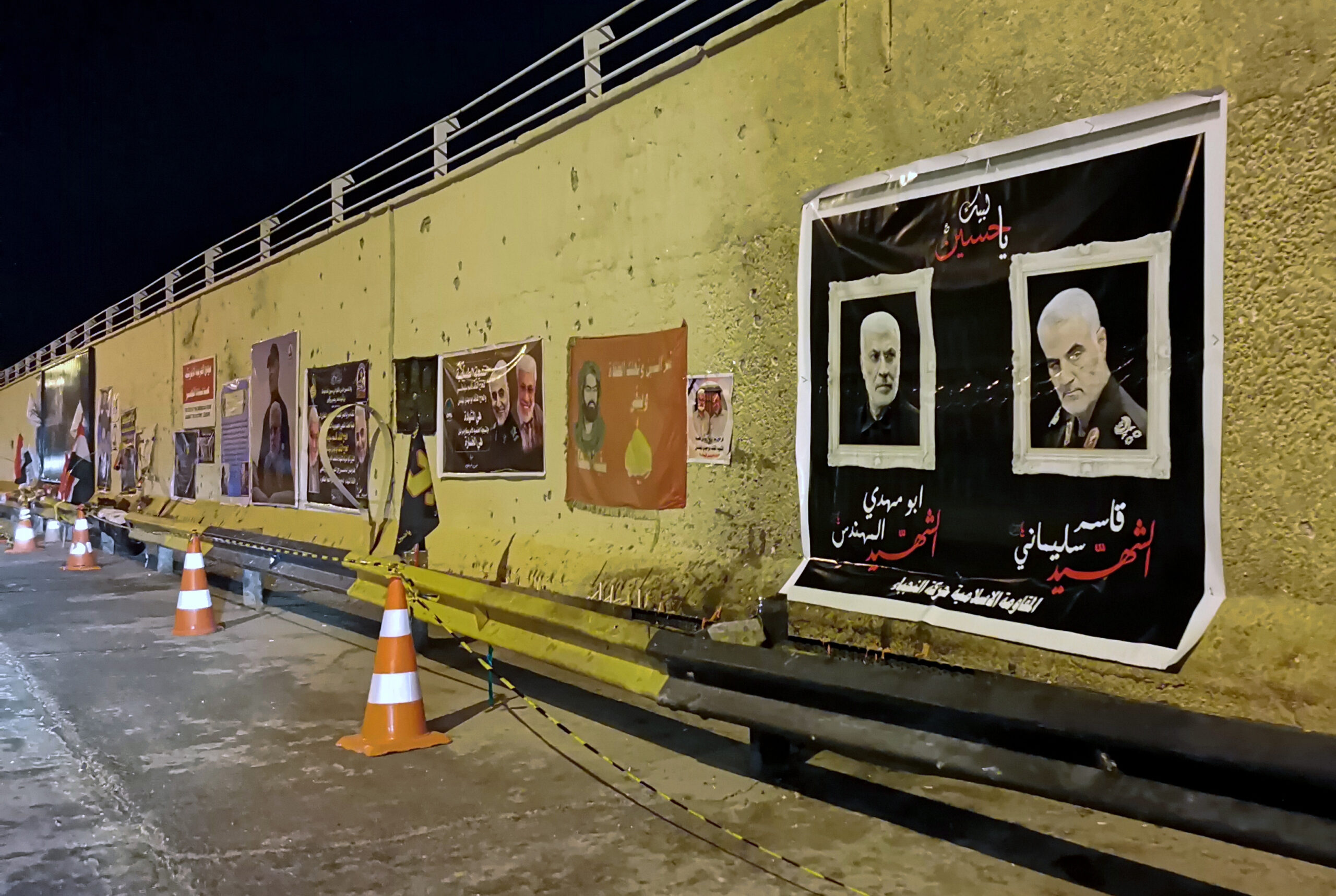U.S. Political Transition Weighs Heavily on Yemen Peace Process
Critics worry that the Trump administration’s threat to designate the Houthis as terrorists would also undermine humanitarian efforts, while President-elect Biden is expected to return to more robust diplomacy.
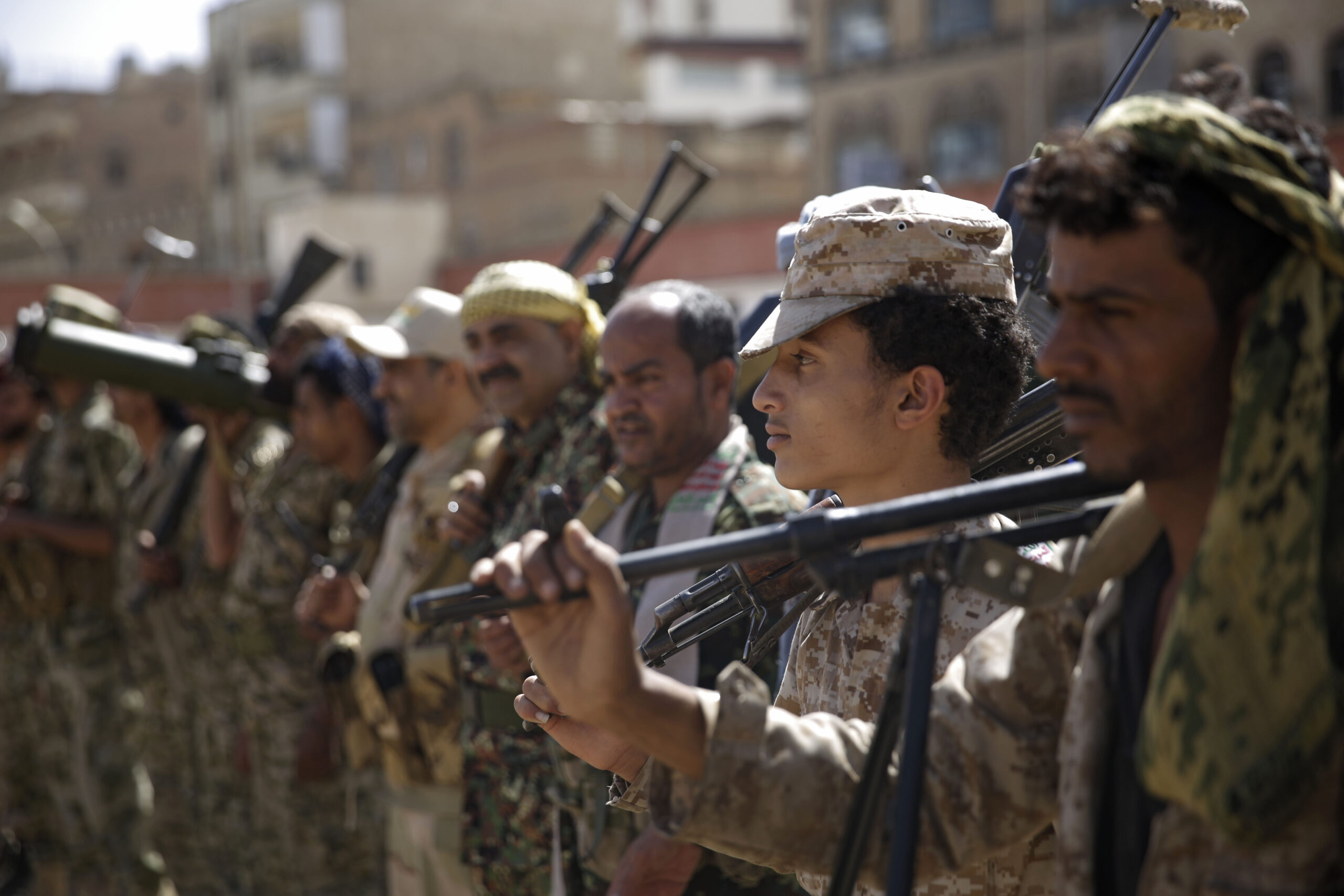
Uncertainty surrounding potential policy initiatives by both the outgoing and incoming U.S. administrations is weighing heavily on the United Nations-led peace process in Yemen, as the parties involved consider how the distinctly different approaches might impact the outcome of negotiations.
On the one hand, the threat by the administration of President Donald J. Trump to designate the Houthi rebels a foreign terrorist organization jeopardizes the incremental progress painstakingly made over the past eight months to gain agreement for a roadmap that could end hostilities and launch an inclusive political process. The announcement in early December that the Trump administration was designating Hasan Irlu, the Iranian ambassador to Sanaa, described as “an Islamic Revolutionary Guard Corps – Qods Force (IRGC-QF) officer Iran recently sent to Sana’a Yemen to serve as the group’s liaison to the Houthi Movement,” may suggest that the broader designation against the Houthis will be held in abeyance.
Designating the Houthis could have a deeply chilling effect on the ongoing, largely indirect negotiations between the principal Yemeni parties to the conflict. It could provide a pretext for exiled Yemeni President Abd Rabbu Mansour Hadi, who has made his distaste for the peace process clear, to declare that he can no longer engage, even indirectly, with Houthi negotiators because the movement has been declared a terrorist organization. On the other hand, the Houthis are likely to respond to the designation by becoming even more truculent, which could freeze efforts to bring the conflict to a close.
There are also concerns that a designation against the Houthis will make it impossible for international humanitarian aid organizations to operate in Houthi-controlled areas of Yemen at a time when the public-health system is under enormous pressure because of severe and widespread food shortages as well as the coronavirus, cholera, and other diseases.
Furthermore, it is not clear that a terrorist designation would have any material impact on the Houthis. They don’t have any apparent offshore assets that could be subject to seizure. And while they could suffer some financial losses inside Yemen, their manipulation of the war economy that has flourished since the conflict began in 2014 suggests they would have ample resources at their disposal, even if additional sanctions are imposed.
In contrast to the anxiety surrounding the designation, there is some optimism that the incoming administration of President-elect Joseph R. Biden Jr. will engage in more robust diplomacy regarding Yemen, reversing the course adopted by the Trump administration, which has viewed the conflict almost entirely through an Iran lens. This perspective has shaped the nature of U.S. support for the Saudi-led military coalition, which injected itself into the conflict in 2015 in support of the Hadi government.
A more diplomatically active U.S. administration might employ its influence to mobilize renewed international support for the U.N. envoy’s efforts to cobble together a political process in Yemen, an effort that has slipped off the radar in recent months, overshadowed by the catastrophic humanitarian situation.
The Biden administration also appears more willing to distance itself from Saudi Arabia, whose intervention in the Yemen war has relied heavily on a steady stream of U.S.-manufactured munitions, logistical support, and intelligence sharing. Biden’s choice for secretary of state, Antony Blinken, said that the incoming administration would “undertake a strategic review of our bilateral relationship with Saudi Arabia to make sure that it is truly advancing our interests and is consistent with our values.”
A Biden administration that is willing to consider engaging with the regime in Tehran rather than bringing it to heel through a campaign of “maximum pressure” may also be more likely to consider what the role of Iran in a postconflict Yemen might look like and encourage Gulf Arab states to do so as well. This departure from the maximalist view that rejects any trace of Iranian influence in Arab lands is to a large extent an acknowledgement that ties between the Houthi rebels and elements of the Iranian regime, in particular the IRGC, and the extent to which they have grown over the course of the war, won’t be easily broken. At the same time, the ability to engage with Iran on a range of issues, including but not limited to the Joint Comprehensive Plan of Action nuclear agreement, might make the Iranian leadership more inclined to use whatever influence it exercises with the Houthis to encourage a more cooperative approach to political negotiations, as a demonstration of its interest in promoting regional peace and stability.
In order for this next stage of political negotiations to ensue, however, Yemen’s deeply divided political leadership will have to get its own house in order. Saudi Arabia is leading yet another effort to resuscitate the Riyadh Agreement, signed by Hadi and the secessionist-leaning Southern Transition Council in November 2019, which was supposed to mend the deep fissure in the ranks of Yemeni forces ostensibly joined by their opposition to the Houthis. According to the terms of the Riyadh Agreement, the Southern Transition Council would submit to having its armed forces brought, ultimately, under Saudi control, and, in return, it would win recognition as a legitimate political force in the country, with a guaranteed seat at the table for any postconflict, government-formation talks and ministerial-level representation in any government that eventually emerges. Riyadh’s goal in rejuvenating the agreement is that it will produce a Yemeni government no longer beholden to Hadi and consequently more amenable to negotiations with the Houthis.
Meanwhile, Yemen’s war grinds on, with the battle for control of Marib governorate potentially a turning point in the conflict. For weeks, Houthi forces have been encircling Marib, long a stronghold of the Hadi government and a key to control of Yemen’s oil resources, threatening to launch a decisive attack. That they have yet to do so may suggest they are uncertain about the prospects of victory and don’t want to damage the air of dominance their fighters have gained over the course of the war by starting a fight they can’t finish. Airstrikes by Saudi Arabia on Houthi fighters and ongoing resistance by local tribes continue to hinder the insurgents’ designs on Marib.
For the moment, then, against the backdrop of a worsening humanitarian crisis and the prospect of a potentially decisive military confrontation, the attention of virtually all those involved in the Yemen peace process is fixed on a political transition taking place thousands of miles away. One way or another, decisions about to be made in Washington appear likely to have important consequences for the outcome of Yemen’s war.
The views represented herein are the author's or speaker's own and do not necessarily reflect the views of AGSI, its staff, or its board of directors.
